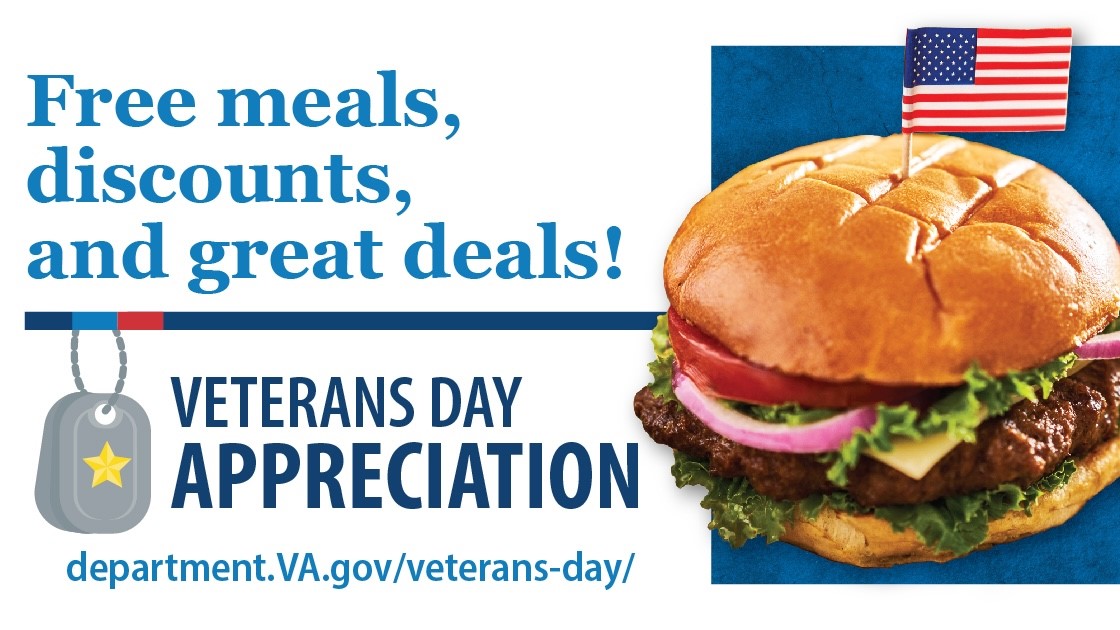The U.S. Department of Housing and Urban Development, U.S. Department of Veterans Affairs and the U.S. Interagency Council on Homelessness today announced the number of Veterans experiencing homelessness in the United States has been cut nearly in half since 2010. The data revealed a 17-percent decrease in Veteran homelessness between January 2015 and January 2016—quadruple the previous year’s annual decline—and a 47-percent decrease since 2010.
Through HUD’s annual point-in-time (PIT) estimate of America’s homeless population, communities across the country reported that fewer than 40,000 Veterans were experiencing homelessness on a given night in January 2016. The January 2016 estimate found just over 13,000 unsheltered homeless Veterans living on their streets, a 56-percent decrease since 2010. View local estimates of veteran homelessness.
This significant progress is a result of the partnership among HUD, VA, USICH and other federal, state and local partners. These critical partnerships were sparked by the 2010 launch of Opening Doors, the first-ever strategic plan to prevent and end homelessness. The initiative’s success among Veterans can also be attributed to the effectiveness of the HUD-VA Supportive Housing (HUD-VASH) Program, which combines HUD rental assistance with case management and clinical services provided by the VA. Since 2008, more than 85,000 vouchers have been awarded and more than 114,000 homeless Veterans have been served through the HUD-VASH program.
“We have an absolute duty to ensure those who’ve worn our nation’s uniform have a place to call home,” said HUD Secretary Julián Castro. “While we’ve made remarkable progress toward ending Veteran homelessness, we still have work to do to make certain we answer the call of our veterans just as they answered the call of our nation.”
“The dramatic decline in Veteran homelessness is the result of the Obama administration’s investments in permanent supportive housing solutions such as HUD-VASH and Supportive Services for Veteran Families (SSVF) programs, extensive community partnerships, coordinated data and outreach and other proven strategies that put Veterans first,” said VA Secretary Bob McDonald. “Although this achievement is noteworthy, we will not rest until every Veteran in need is permanently housed.”
“Together, we are proving that it is possible to solve one of the most complex challenges our country faces,” said Matthew Doherty, executive director of the U.S. Interagency Council on Homelessness. “This progress should give us confidence that when we find new ways to work together and when we set bold goals and hold ourselves accountable, nothing is unsolvable.”
In 2014, First Lady Michelle Obama launched the Mayors Challenge to End Veteran Homelessness with the goal of accelerating progress toward the ambitious national goal of ending Veteran homelessness. More than 880 mayors, governors, and other local officials have joined the challenge and committed to ending Veteran homelessness in their communities. To date, 27 communities and two states have effectively ended veteran homelessness, serving as models for others across the nation.
HUD and VA have a wide range of programs that prevent and end homelessness among Veterans, including health care, housing solutions, job training and education. In FY 2015, these programs helped more than 157,000 people—including 99,000 Veterans and 34,000 children—secure or remain in permanent housing. Since 2010, more than 360,000 Veterans and their families have been permanently housed, rapidly rehoused or prevented from becoming homeless through programs administered by HUD and VA.
More information about VA’s homeless programs is available at www.va.gov/homeless. More information about HUD’s programs is available here or by calling the HUDVET National Hotline at (877) 424-3838. Veterans who are homeless or at imminent risk of becoming homeless should contact their local VA Medical Center and ask to speak to a homeless coordinator or call 1-877-4AID-VET.
Topics in this story
More Stories
VA permanently housed 47,925 homeless Veterans in fiscal year 2024, exceeding its goals for the third year in a row.
This 2024 Veterans Day discounts list will continue to be updated as we learn of more nationally available Veterans Day discounts, meals or other ways businesses and organizations want to give back to Veterans.
Here are instructions on the ways to renew your Veteran Health Identification Card.







Constantly having to fight VBA in Detroit with appeals to prove I was right cost family , bankrupt, homeless. They lied, bait and switch, or simply shredded files. Your IG caught them with prodding by newspapers! No punishment for staff.This went on for decades in my case . I wrote congressman, ect. I still amiss owed back pay for decade’s.
Homeless people are homeless for many reasons, but blaming it on being a Veteran is not one of them.
Homeless people mainly are mentally ill & finding the reason for their mental illness is a decision that should be made by our governing institution.
Also , living the homeless life will eventually make people mentally ill.
If this is true, why are local homeless vets councillors so powerless to do anything with the use if local charities? I am a homeless vet. Catholic Charitues SSVF program us assusting, but all the homeless vet folks from Hines VAMC can do is call catholic charitues to find out wgat us going on. Why are they not empowered go help us directly? Its like they are just there as a middkeman when they should have an actuve fole in getting us a place to live. Also, why is it tha the government cant pressure some of these brokerage firms that buy up all if the rentals in an area, to drop some if the refuculous requirements they have and force tgem to rent go himeless vets? I have been looking for a place for months and cant find anything…homes in the 1390-1500 range despite making 2k in ssdi and va dusability…plus my adult daughter wilk be miving in abd getting a job once we mive. Add to tgat with SSVF paying tge deposit anf 3 montgs rent…yet no one will rent to us…